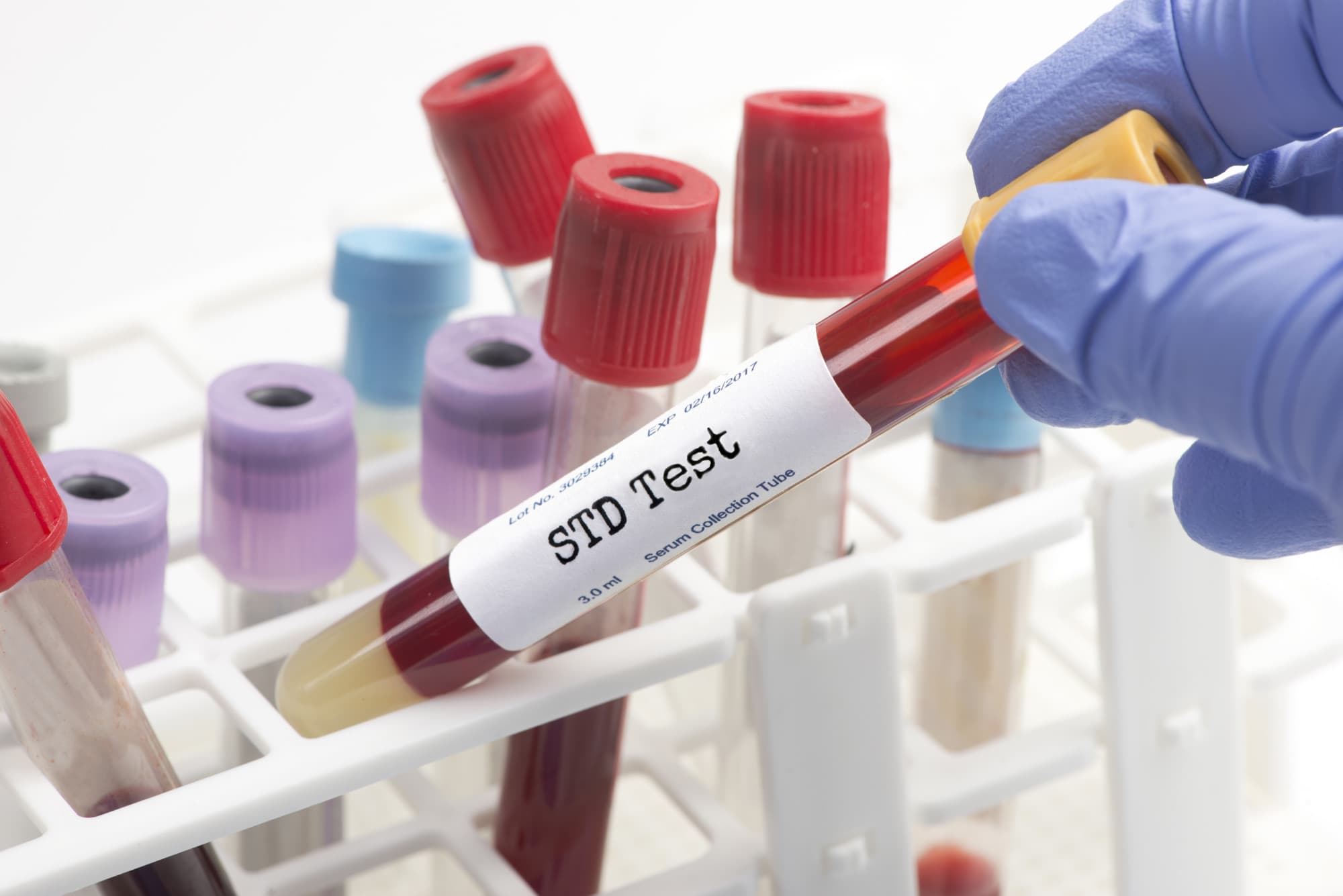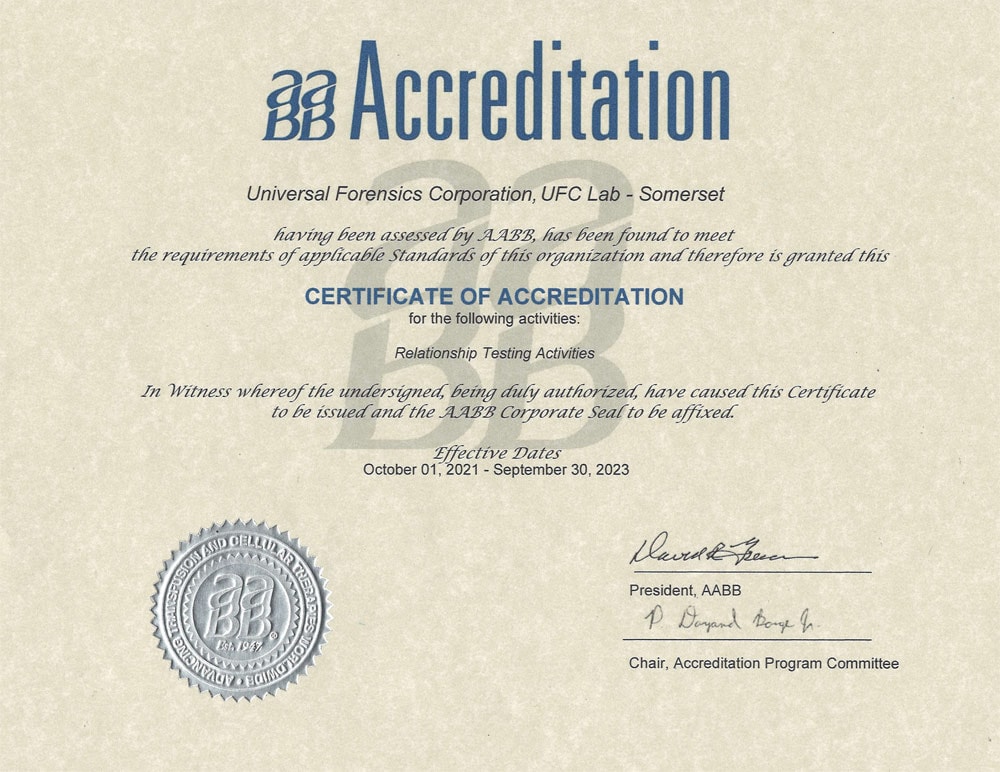How Exactly Does STD Testing Work?

Did you know that over 1 million sexually transmitted infections (STIs) are acquired worldwide each day?
Many of these STIs are asymptomatic and can lead to sexually transmitted diseases (STDs). If left untreated, they can have serious health implications, including infertility and cancer.
Fortunately, STD testing can help detect STDs early. This allows for prompt treatment and prevents further spread. In this blog, we’ll explore the different types of STD tests, how STD testing works, and what you can expect during an STD test.
What Is an STD?
An STD is a sexually transmitted disease resulting from an STI. STDs are primarily transmitted through sexual contact, including vaginal, anal, or oral sex. Here are some types of STDs you need to be tested for:
- Human Papillomavirus (HPV)
- Chlamydia
- Gonorrhea
- Syphilis
- Herpes
- HIV/AIDS
- Trichomoniasis
- Hepatitis C
What Is STD Testing?
Simply, STD testing involves a series of tests that help determine the presence and absence of STDs. The testing procedure often involves collecting a sample of bodily fluids or tissues from the patient and sending it to a laboratory for analysis.
Types of STD Testing
Curious about different methods to test for STDs? Depending on your sexual history, your healthcare provider may order a variety of tests to check for STDs. They include:
Blood Tests
Blood tests can help detect antibodies or antigens produced by the body in response to an infection. Some STDs that can be tested using blood samples include HIV and syphilis.
These tests are usually invasive. Additionally, it may take a few days for your results to come back.
Urine Tests
Your doctor can order blood and urine tests to check for chlamydia and gonorrhea. These tests are less invasive than blood tests. Results are usually available within a few days.
Swabs
Swab tests involve taking a sample from the affected area, such as the genital region, and testing it. These tests are used to diagnose STDs such as herpes, chlamydia, and gonorrhea. To check for STDs, your doctor can use urethral, vaginal, or cervical swabs.
During a pelvic exam, your doctor may use a cotton swab or applicator to take vaginal and cervical swabs if you have a vagina. For individuals with a penis, doctors may insert a cotton swab or applicator into the urethra.
If you engage in receptive anal sex, a doctor may choose to take a rectal swab to check for infectious organisms in the rectum.
HPV Testing
You may need HPV testing if you have an abnormal Pap smear. HPV testing can be performed in various ways. Depending on your condition, your doctor may choose:
Pap Test (Pap Smear)
During a Pap test, your doctor collects a small sample of cells from the cervix and sends it to a laboratory for analysis. If there is a detection of abnormal cells or high-risk HPV, you may need testing or treatment.
HPV DNA Test
This test usually looks for the presence of HPV DNA in a sample of cells collected from the cervix. It can help in the early detection of cervical cancer.
Physical Examination
You may need to diagnose some STDs such as genital warts and herpes through a combination of physical examination and other STD tests. Your doctor can conduct a physical exam to look for bumps, sores, and other signs of STDs. If you have anal sex, the doctor can assess the changes around or on your rectum and anus.
Self-Testing Kits
If you prefer privacy and convenience, self-testing kits. When you get a test kit from an online provider, you may require to take a swab, urine, or blood sample. Once you’re done, return the sample to a testing center through the mail.
Full Panel STD Tests
Want to screen multiple STDs? Try a full-panel STD test. It is a comprehensive STD screening method that examines an individual for multiple STDs at once. This test is highly recommended for individuals who are starting a new relationship or engaging in high-risk behaviors.
By testing for multiple STDs, a full panel test gives a thorough assessment of your sexual health status. Early STI detection allows for timely treatment and prevents the spread of infections.
Preparation for STD Testing
Ready for your test? To ensure accurate results, there are a few important rules to follow. Here’s how to prepare for your STD test:
- Avoid eating large meals
- Don’t drink excessive amounts of caffeine
- Refrain from engaging in unprotected sexual activity
- Avoid consuming alcohol or using recreational drugs
- Check if any medications you are taking may interfere with the STD screening process
- Avoid douching or using vaginal creams in the days leading up to the test
What to Expect During an STD Test?
The specific testing procedure may vary depending on the type of STD you want to test. Nonetheless, let’s walk you through the general steps involved.
Step 1: Get Support and Information
Before we start testing, your healthcare provider will have a chat with you. They’ll give you all the information you need about STDs – how they spread, how to stay safe, and treatment choices. They’ll also address any worries or fears you might have about STD testing or sexual health.
Step 2: Providing a Sample
Next, your doctor will collect a sample of your bodily fluids or tissues. The type of sample will depend on the specific STD you want to test for. Don’t worry, they’ll guide you through the process.
Step 3: Analyzing in the Lab
The samples will be sent to a specialized lab for analysis. There, they’ll examine the samples to look for certain antibodies or genetic material linked to the STD you’re testing and determine if you have an infection.
Step 4: Receiving the Results
If the results indicate a positive infection, your doctor will discuss suitable STD treatment options with you. Remember, they’re there to support you every step of the way.
Get Confidential and Reliable Private STD Testing
STD testing is an essential tool for detecting and combating sexually transmitted infections. By undergoing regular testing, you can identify infections early on and receive appropriate treatment. What’s more, you can take the necessary precautions to prevent further transmissions.
At ReliaLab Test, we offer reliable, timely, and secure tests. Even better, you can get tested by ordering a test online in three simple steps. Get tested today!








